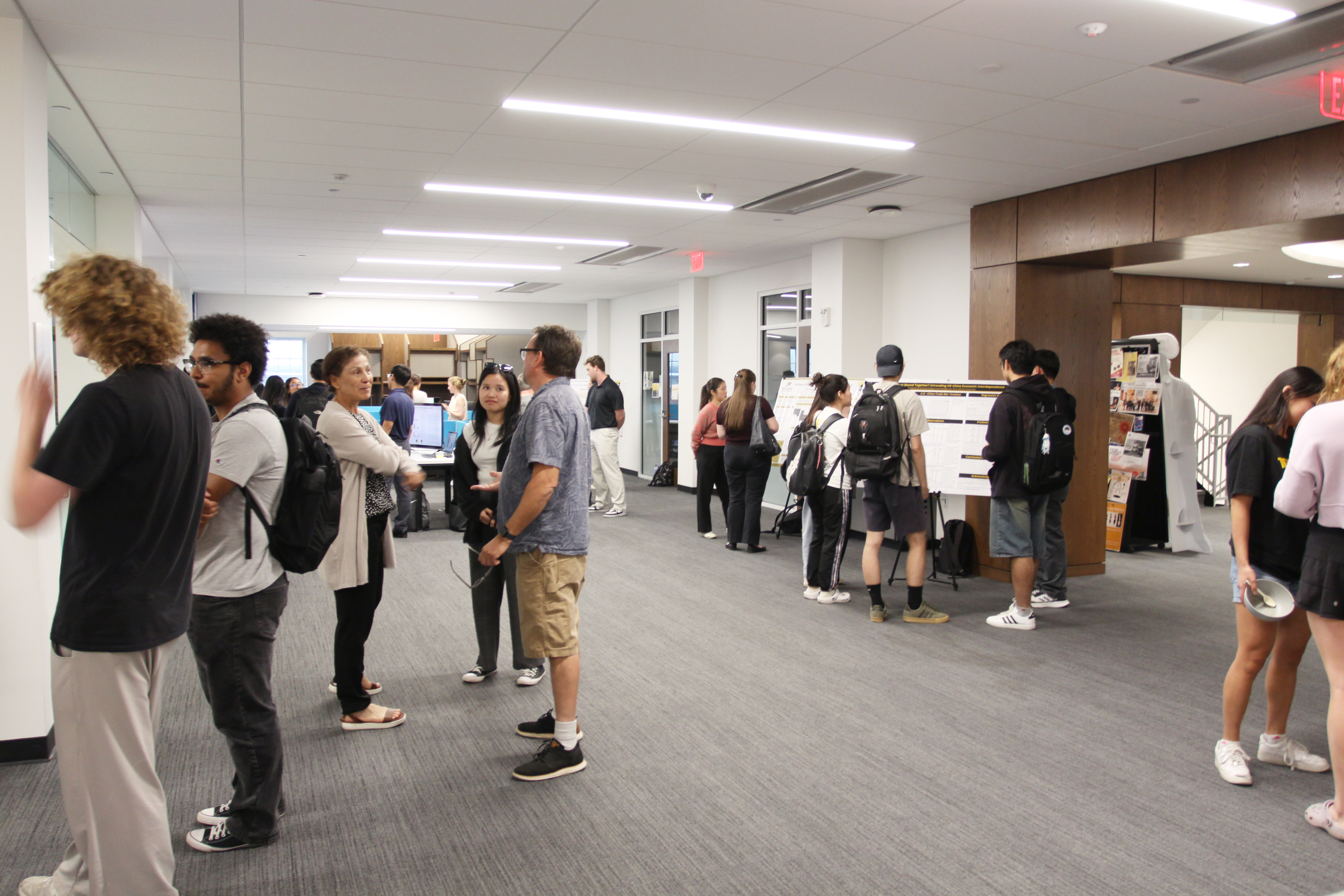Document Type
Article
Publication Date
Spring 6-1-2021
Abstract
This paper talks about the series of events that happened before and after Mary Mallon, more commonly and widely known as Typhoid Mary, was officially identified as the first asymptomatic and healthy carrier of typhoid. The paper highlights the ways the authorities and health officials dealt with Mary Mallon with respect to her intersectional identities of gender, race, class, and immigration status. It briefly reflects on some of the literary pieces surrounding Typhoid Mary as supporting sources to explore and understand how communities react and approach such situations and the ways authorities handled unknown contagious diseases and critique how specific elements within the aspect of storytelling portray these diseases in literature and the ethical and moral concerns of both. More specifically, it was identified how storytelling impacted the way the story of Mary Mallon is told to this day and how imagery served a supporting role to storytelling. It also addresses extensively the idea of individual autonomy and how that was challenged when Mary Mallon was quarantined and whether her quarantine was in fact isolation or merely a politically sheltered version of incarceration. The essay can be viewed as a reflective exercise of our past reactions, individual and communal, to new and unknown illnesses, especially during the current pandemic, to see how we can better prepare ourselves to appropriately handle similar situations in the future. This was an exercise to recognize and understand how we have channeled unknown emotions into fear and hatred and to what extent can such actions affect an individual’s life.
Recommended Citation
Ali, Mishal, "A Carrier Without Sympathy" (2021). Student Research. 26, Scholarly and Creative Work from DePauw University.
https://scholarship.depauw.edu/studentresearchother/26



Comments
Winner of the 2021 Prindle Prize for Ethics in the Humanities